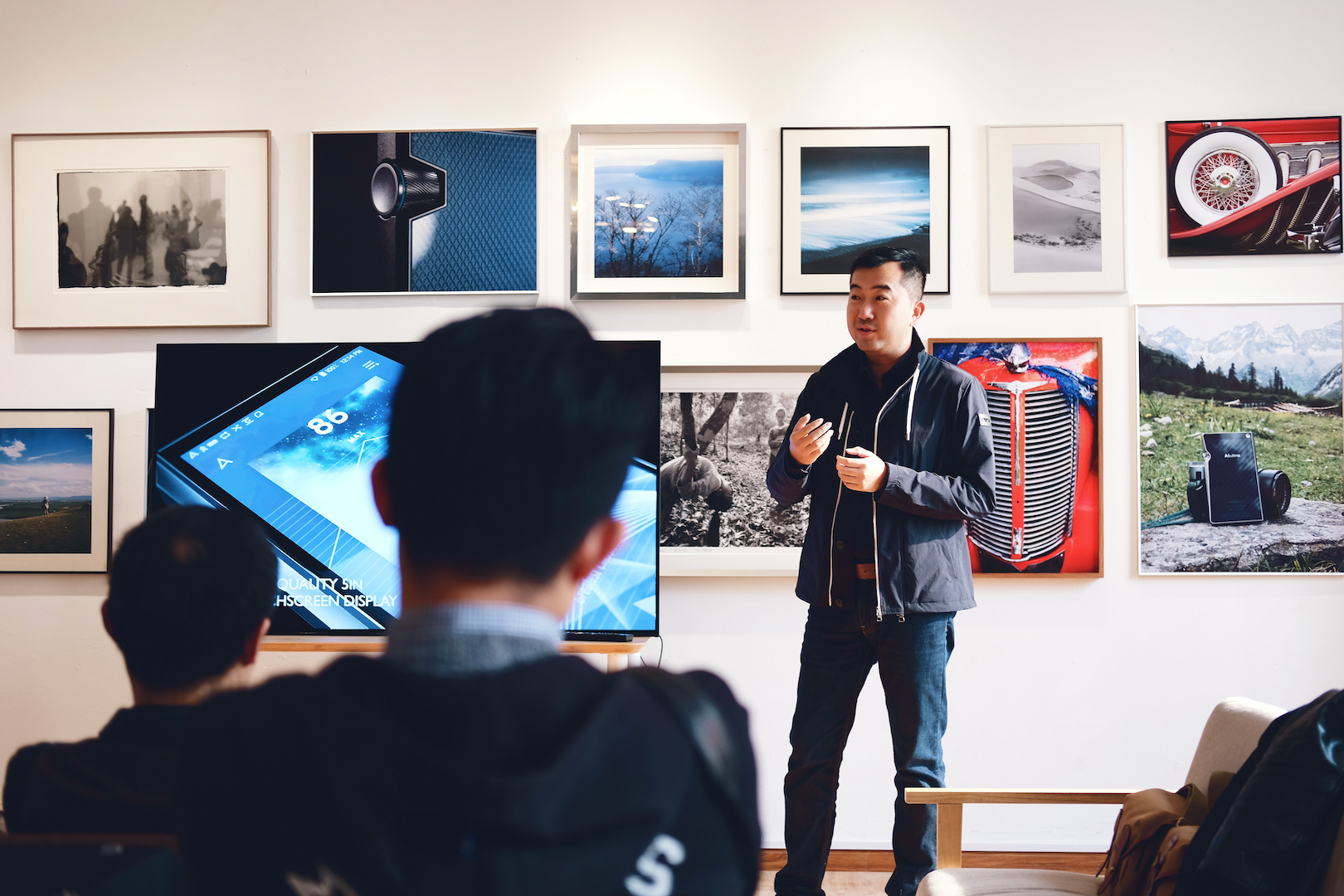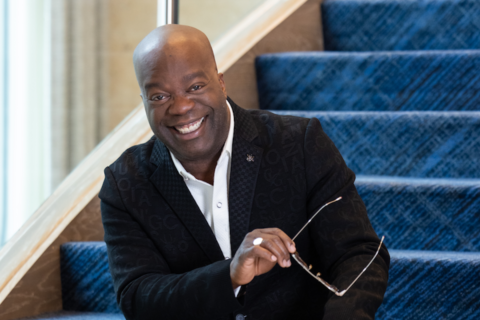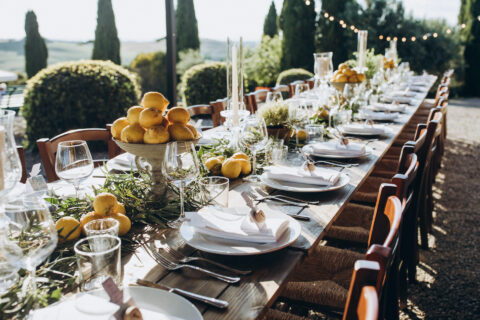It’s 2018, people. How are we still curating panels dominated by white men?
Every industry is a mosaic of different people with different experiences, but when you squint to see one piece you miss the immense beauty and gravity of the entire work of art.
Many conferences are notable not only for the prominent leaders on stage, but also for those who are missing. The manel–a panel made up entirely of straight, white men–is an old-school approach that will drag you down. It will also hinder innovation and your reputation as you overlook the growth potential that comes from partnering with diverse talent.
Diversifying your panels and speakers will allow you and your team to see your industry in its entirety. And whether or not you invite women, members of the LGBTQ community, people of color or indigenous people to sit on your panel, they still exist and they’re still killing it in your industry.
Here are some do’s and don’ts in creating a diverse panel.
Create a diverse event planning committee
Studies show that panels, more often than not, mirror the team that created them.The Albert Einstein College of Medicine found that including just one woman on the planning committee will raise the percentage of female speakers on the panel from 25 percent to 43 percent.
This replication of the planning team can also be seen in everything from age and generation to differing mindsets and world views. When you build a diverse event planning team it will ensure varying opinions and views have a chance to be articulated by an expert.
Provide travel funds and child care
A big part of breaking up the manel is to include women from all backgrounds and races. The Family Caregiver Alliance found that between 58-68 percent of caregivers are women. So while they’re disrupting your industry, they are likely also caring for one or more kids at home.

By providing child care and travel expenses you create the flexibility for working mothers (and fathers alike) to attend your event. And wouldn’t you rather hear from a powerhouse whose perspective has been influenced by juggling a career and a family?
Build your speaking panel from scratch
Start new instead of pulling from past events. There’s a good chance what you did last year–let alone five years ago–is stale. You strive to constantly innovate. An easy place to spark the creative process of innovation is through the minds you place on your panel.
Don’t ask a minority to speak about diversity
Don’t ask a woman, person of color, member of LGBTQ community, or indigenous person to speak about diversity. If you have singled these people out, it’s most likely because they are experts in their fields and their work has caught your eye. So treat them like experts! Diversifying your panel is supposed to help your team learn about your industry from another perspective. Listen to the insights they have to share about your discipline.

There are people who specialize in diversity, gender equality, and anything else you may be curious about. Often times, speaking bureaus or talent agencies will have a section dedicated to diversity experts. And sometimes industry experts enjoy talking about their experiences with diversity or inequality and they’ll gladly speak on it, but don’t assume every expert who is a minority wants to discuss this.
Don’t exploit your inclusivity
Remember, your diverse panel is not a charitable act. By treating minorities as equals to white, straight men you are giving them the most basic decency you could. Even if your panels in the past were so white everyone left the event blinded from the glare, you do not deserve a trophy for adding diversity to the group. So make sure your marketing, advertising, and emceeing don’t suggest you do. Focus on the accolades and accomplishments that brought the speakers to your attention in the first place.
Jessica Welch received a Bachelor’s degree in English, Creative Writing with a minor in Anthropology from California Polytechnic State University. After graduating she spent a year teaching at a low-income high school in Oahu, HI. Jessica is passionate about helping others and sees her work with BigSpeak as a great way to help spread knowledge. Connect with @bigspeak on Twitter.
© YFS Magazine. All Rights Reserved. Copying prohibited. All material is protected by U.S. and international copyright laws. Unauthorized reproduction or distribution of this material is prohibited. Sharing of this material under Attribution-NonCommercial-NoDerivatives 4.0 International terms, listed here, is permitted.












